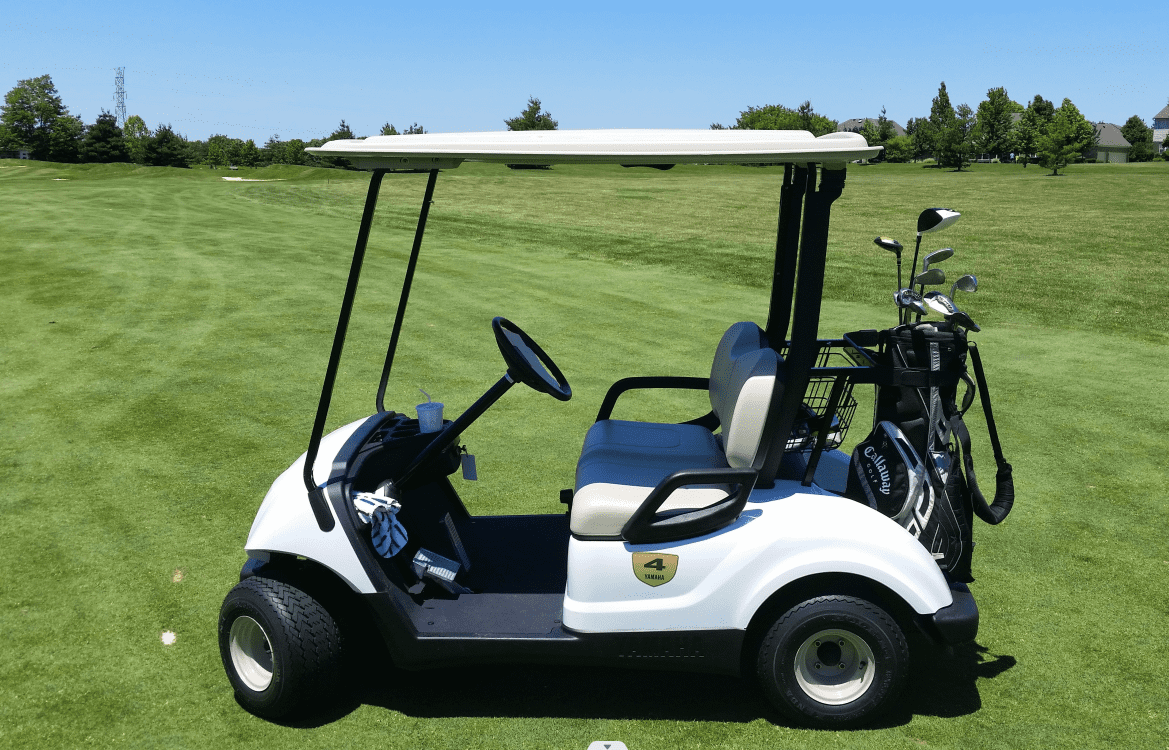In New Jersey, golf carts and low-speed vehicles (LSVs) have specific regulations governing their operation. Golf carts can be driven on private property without a license, but to operate on public roads, they must be registered and insured. LSVs, which are designed for public road use, require a valid driver’s license and must adhere to safety standards.
Understanding Golf Cart and LSV Regulations in New Jersey
As golf carts and LSVs gain popularity for recreational use and short-distance travel in New Jersey, understanding the legal framework surrounding their operation is essential. This guide provides detailed insights into the state laws governing golf carts and LSVs, ensuring compliance and safety for all users.
Licensing and Registration Requirements
- Golf Carts:
- Private Property: No driver’s license or registration is needed.
- Public Roads: Golf carts must be registered with the New Jersey Motor Vehicle Commission (MVC) if operated on public roads. They also need insurance.
- Low-Speed Vehicles (LSVs):
- Driver’s License: A valid driver’s license is required to operate an LSV.
- Registration: LSVs must be registered with the MVC.
- Insurance: Liability insurance is mandatory.
Age Restrictions
- For both golf carts and LSVs, operators must typically be at least 16 years old with a valid driver’s license when driving on public roads.
Safety Regulations for Golf Carts and LSVs
Ensuring safety while operating golf carts and LSVs is crucial. Here are key safety regulations to consider:
- Equipment Requirements:
- Golf carts must have functioning headlights, taillights, turn signals, and rearview mirrors when driven on public roads.
- LSVs must meet specific federal safety standards, including seat belts, windshields, and other safety features.
- Speed Limits:
- Golf carts are generally restricted to a maximum speed of 25 mph when used on public roads.
- LSVs may operate at speeds up to 25 mph but cannot exceed this limit.
- Insurance Requirements:
- While golf cart insurance is not always mandatory for private use, it is recommended for liability protection.
- LSVs must have liability insurance as per state regulations.
Local Ordinances
Local municipalities in New Jersey may impose additional restrictions or requirements regarding the use of golf carts and LSVs. Some towns have designated routes for these vehicles or specific hours of operation. It is vital to check local laws before operating your vehicle in a new area.
Latest News
- Recent legislative discussions in New Jersey have focused on expanding the areas where golf carts can be legally operated, particularly in residential communities.
- The New Jersey Department of Transportation has proposed new guidelines to improve safety for golf cart and LSV users on public roads.
- Community feedback has been largely positive regarding increased accessibility of these vehicles as eco-friendly transportation options.
Redway Expert Comment
“In our extensive experience with lithium LiFePO4 batteries designed specifically for golf carts and LSVs, we understand the critical role that reliable power sources play in enhancing performance. As more residents in New Jersey embrace these vehicles for convenient travel, it’s essential to prioritize compliance with local regulations while ensuring optimal battery performance. Our custom battery solutions provide the reliability needed for safe operation on public roads.”
Conclusion
Navigating the requirements for operating golf carts and LSVs in New Jersey is essential for both legal compliance and safety. Whether using these vehicles for leisure or transportation, staying informed about state laws will help you enjoy your ride responsibly. For those looking to enhance their golf carts or LSVs with high-quality lithium LiFePO4 batteries, Redway Battery offers tailored solutions that meet modern demands.
FAQs
Are LSVs legal in NJ?
Yes, Low-Speed Vehicles (LSVs) are legal in New Jersey. They must be registered with the New Jersey Motor Vehicle Commission and meet specific safety requirements, including having a maximum speed of 25 mph and necessary safety features like headlights and turn signals.
Is it legal to drive a golf cart on the streets in New Jersey?
In New Jersey, driving a golf cart on public streets is generally not permitted unless the local municipality has specific ordinances allowing it. Golf carts must meet certain safety standards and may need to be registered as LSVs to operate legally on public roads.
Are golf carts street legal in Ocean City, NJ?
Yes, in Ocean City, NJ, golf carts can be street legal if they are registered as LSVs and comply with local regulations. They must meet safety requirements and can only operate on streets with a speed limit of 25 mph or less.
What does LSV mean on a golf cart?
LSV stands for Low-Speed Vehicle. It refers to a type of vehicle designed to travel at speeds between 20 and 25 mph. LSVs must meet specific safety standards, including having a VIN, headlights, taillights, turn signals, and seat belts for all passengers.



